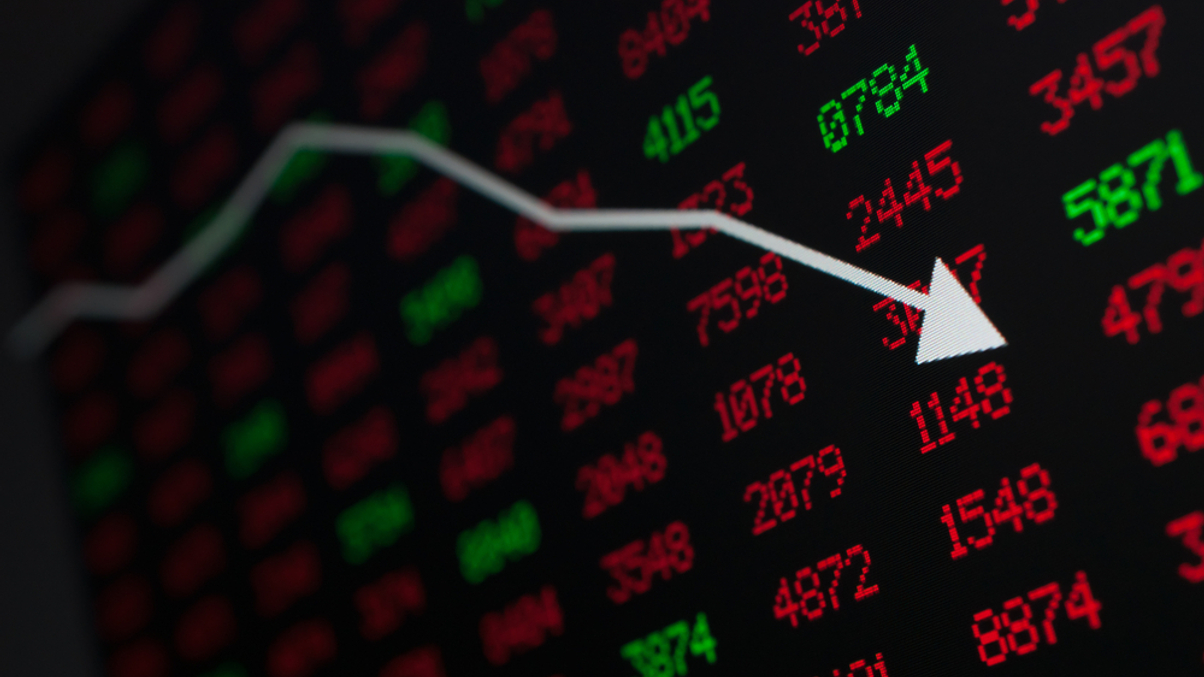Institutional investors, family offices turn gloomier on China
Concerns about private markets have spread to public markets such as equities, which have seen steep recent falls. Institutions and multi-family offices are turning cautious.

Concerns over the high levels of corporate debt, flagging growth, a weak property market, and deteriorating relationship between Beijing and Washington, is causing institutional investors and multi-family offices to pull back from the region’s largest economy, with some turning more cautious on Asia as a result.
Sign in to read on!
Registered users get 2 free articles in 30 days.
Subscribers have full unlimited access to AsianInvestor
Not signed up? New users get 2 free articles per month, plus a 7-day unlimited free trial.
¬ Haymarket Media Limited. All rights reserved.


